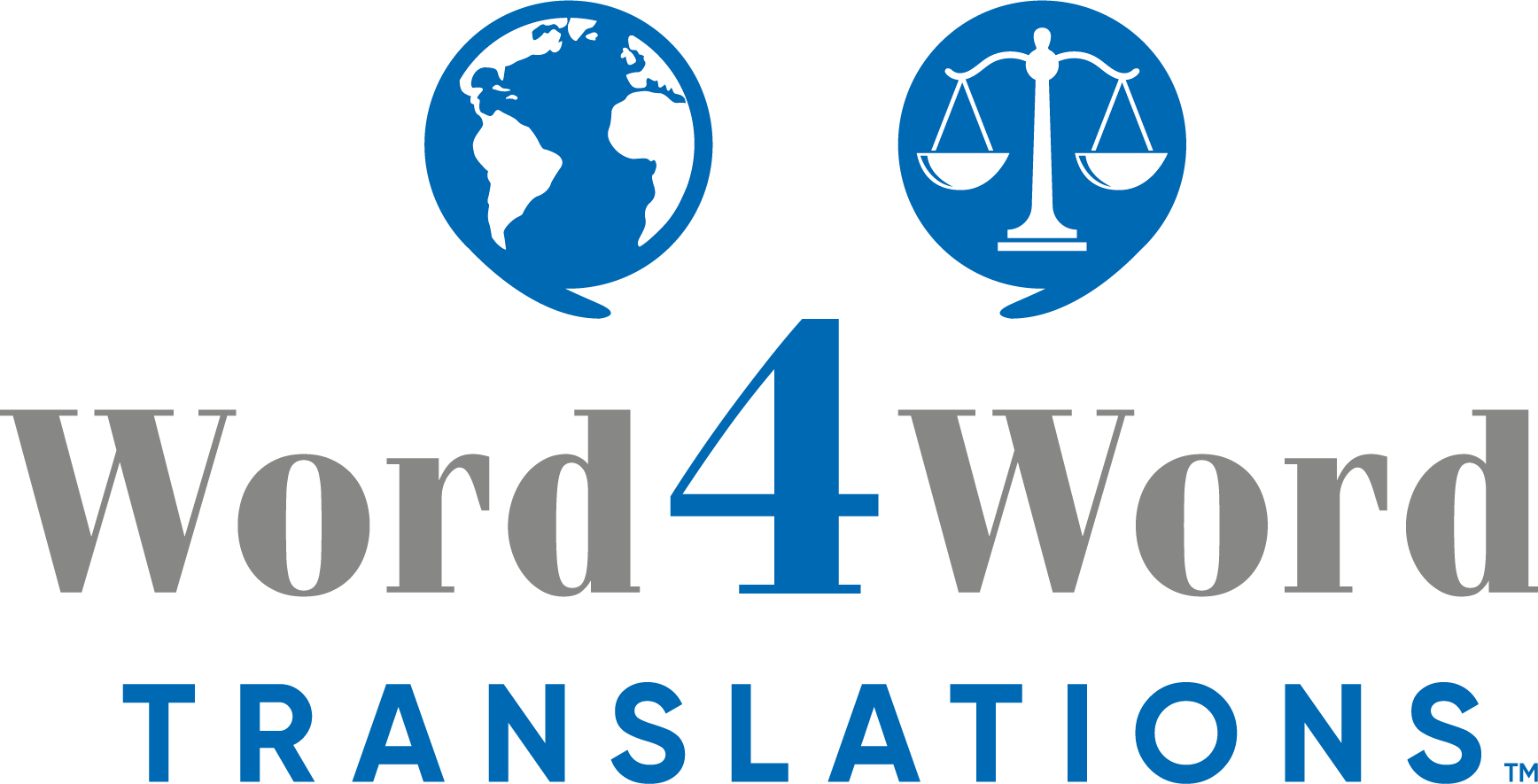Navigating Hegemony in Translation Services:
Ensuring Cultural and Linguistic Equity

In the realm of translation services, the concept of hegemony – the dominance of one culture or language over others – plays a significant role. This influence shapes not only how translations are performed but also how they are perceived and valued. Understanding and addressing hegemony can lead to more balanced, culturally sensitive translations that respect and preserve linguistic diversity. Here’s how hegemony manifests in translation services and what can be done to counter its effects.
Dominance of Major Languages
Global Influence: Major languages, like English, often dominate global communication. This dominance leads to a higher demand for translations involving these languages, which can marginalise smaller languages and cultures. As a result, translation services may prioritise languages with greater economic and political power, leaving fewer common languages underserved.
Resource Allocation: Translation services tend to allocate more resources to major languages, such as hiring more translators or investing in better tools and technologies. This can result in less support for translations involving fewer dominant languages, which may lack the same level of precision or cultural sensitivity.
Cultural Bias in Translation
Translation Choices: Translators may unconsciously favour the norms and values of the dominant culture. This bias can lead to translations that skew towards the perspectives of the dominant culture, potentially distorting the original meaning and intent of the source text.
Cultural Imperialism: The influence of dominant languages can impose cultural and ideological perspectives on the translated text. This imposition can result in a loss of cultural nuances and context from the source language, impacting the authenticity of the translation.
Standardisation of Language
Uniformity Pressure: The hegemony of major languages can create pressure for smaller languages to conform to standardised versions. This pressure affects the richness and diversity of linguistic expressions, as unique cultural and linguistic elements may be lost in the process of standardisation.
Loss of Linguistic Diversity: Over time, the dominance of a major language can contribute to the erosion of linguistic diversity. Smaller languages may become less frequently used and eventually fade away, taking with them unique cultural identities and knowledge.
Power Dynamics in Legal Translation
Legal System Influence: In legal translations, the hegemony of certain legal systems (such as common law vs. civil law) can affect how legal concepts are translated and interpreted. This influence may privilege one legal framework over another, impacting the fairness and neutrality of translations.
Bias in Legal Interpretation: Translators may unintentionally favour the legal and cultural norms of the dominant language, affecting the impartiality and accuracy of translated legal documents.
In conclusion, navigating the hegemony in translation services is crucial for ensuring cultural and linguistic equity. By acknowledging the dominance of major languages and the associated biases, we can strive for translations that truly reflect and respect the diversity of all languages and cultures. Addressing these issues involves not only recognising the inherent power dynamics but also actively working to counteract their effects through more equitable resource allocation, culturally sensitive translation practices, and a commitment to preserving linguistic diversity.
At Word4Word Legal Translation Services, we are dedicated to providing translations that honour the cultural and linguistic nuances of every language. Our team of skilled translators is committed to delivering precise, unbiased translations that uphold the integrity of the original text. Trust us to handle your legal translation needs with the highest level of professionalism and cultural sensitivity.
Contact us today to ensure your translations are not just accurate, but also equitable and culturally rich. Visit our website or call us to learn more about how we can support your translation needs. Let's work together to promote linguistic diversity and cultural understanding in every translation.
